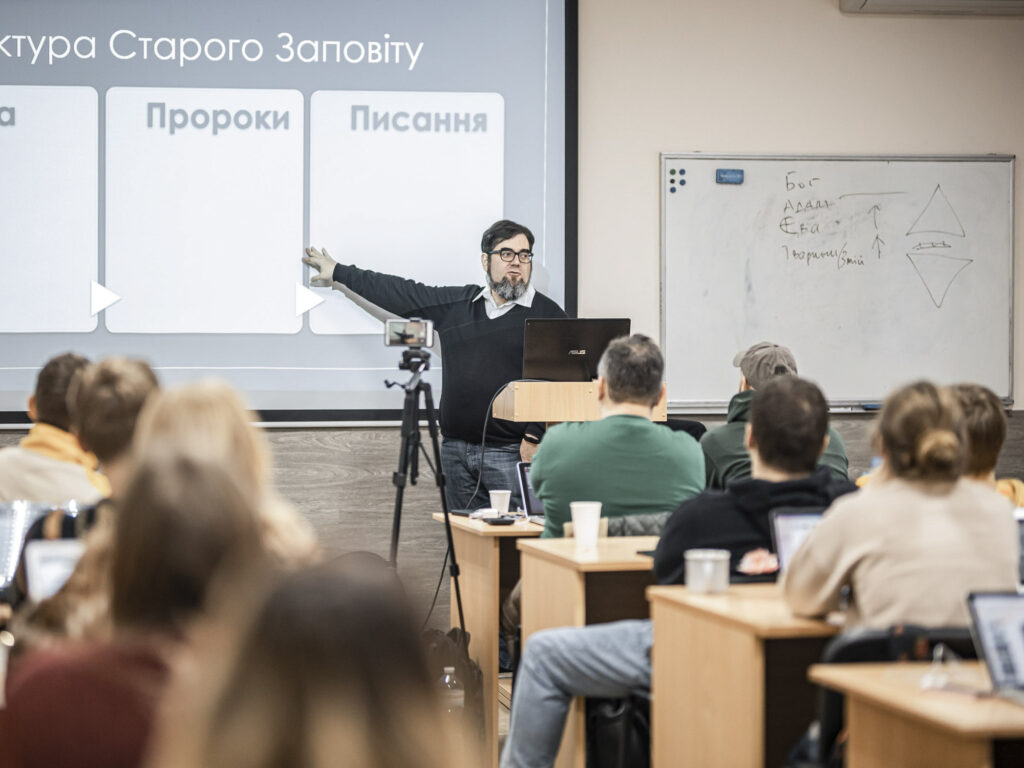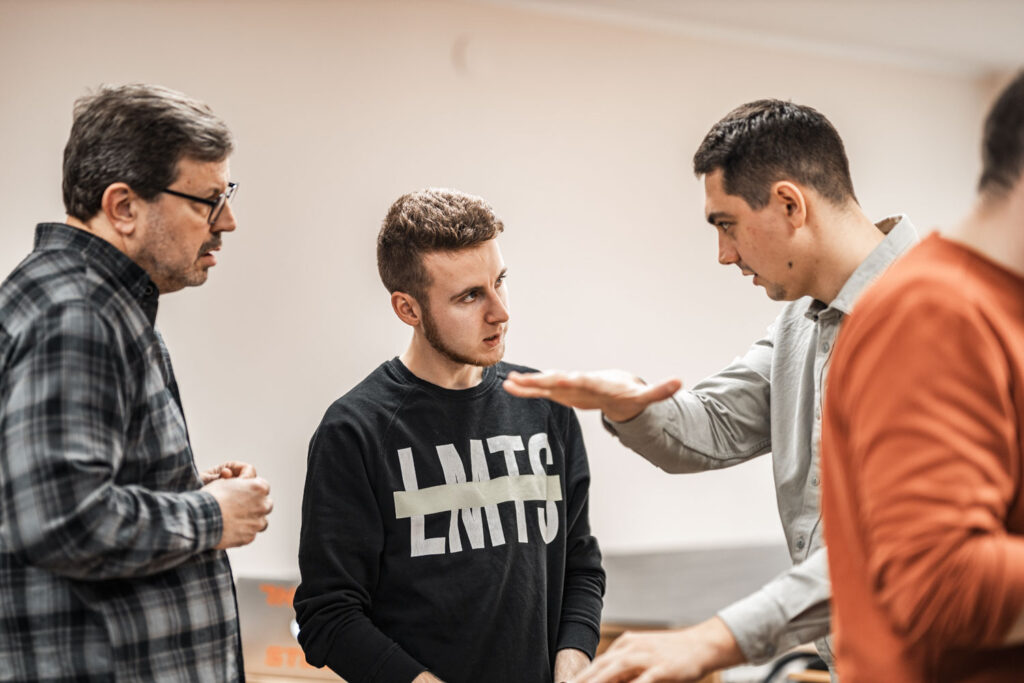
Urban Mission
Master's Degree in Theology. On Campus/Hybrid Mode
The program is accredited by the European Council for Theological Education

Master's Degree in Theology. On Campus/Hybrid Mode
The program is accredited by the European Council for Theological Education

The program is aimed at equipping students with biblical foundation and practical methods of holistic urban and cross-cultural ministry in cities of the modern world.




There are 4 Steps to Become a Student


You need to get 2 references, from the pastor of your church and a ministry leader
Get a recommendation letter
